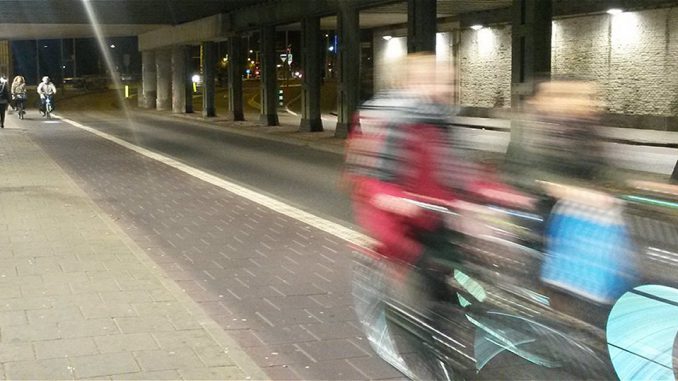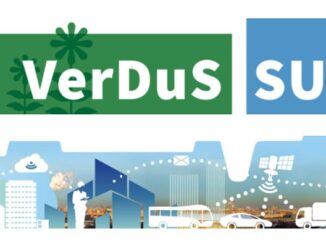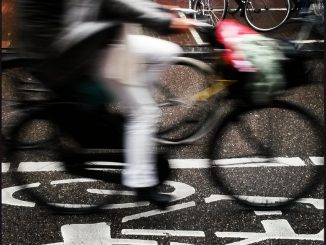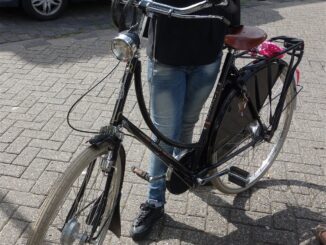
TU Delft – Unravelling slow mode traveling and traffic
The dynamics of pedestrians and cyclists
The researchers of Allegro are developing and empirically underpinning comprehensive behavioural theories, conceptual models and mathematical models to explain and predict the dynamics of pedestrians, cyclists and mixed flows within an urban context.
Theory of slow modes traffic and transportation (pedestrians, bicycles) has received little attention compared to motorised vehicular modes. In the light of many of current societal changes, such as in-creasing urbanisation and growing attractiveness of walking and cycling to move around; the increases in train use and the resulting pressure on public transport stations, the increasing number of planned or spontaneous events attracting large crowds, etc., this lack of knowledge is becoming more and more problematic. While the increase in the number of trips made by foot or by bike is to be applauded from the perspective of sustainable transport, urbanised areas have difficulty in dealing with the large number of pedestrians using the city streets, especially in case of events, but also see that the increased bike use is leading to congestion and parking problems. Railway stations have a hard time coping with the many passengers in the station and on the platforms, and, in some countries, with overwhelming demand for bike parking facilities. Good engineering practises to support decision makers, event organisers, city planners, and emergency service providers, are sparse, and the existing ones require scientific foundation.
As scientific research subject, the pedestrian and his behaviour offer many opportunities for elicitation of new, ground-breaking knowledge. This applies equally to the cyclist. The many complex behavioural dimensions and the interactions between them that in the end result in a pedestrian walk-ing from A to B require a deep understanding of human behaviour, as well as knowledge of advanced modelling techniques to capture the dynamics of individual and collective behaviour. The behavioural differences between the pedestrian and the cyclist, and people driving a car or using public transport, are large, warranting dedicated research efforts on the slow transport modes. These differences are due to many factors such as the differences in speed of motion impacting the way people perceive salient waypoints and thus learn about the network, their vulnerability, but also their flexibility in terms of movements and choice options (pedestrian and cyclists are, in contrast to vehicles flows, characterised by a significant degree of freedom, while interactions are not structured by traffic rules). On top of this, both pedestrians and cyclist need to provide for their own propulsion, and are more sensitive to the environment than vehicular traffic. These scientific challenges lead to the following overarching research objective:
Research objective Allegro
To develop and empirically underpin comprehensive behavioural theories, conceptual and mathematical models to explain and predict the dynamics of pedestrians, cyclists, as well as mixed flows at all relevant behavioural levels, including acquiring spatial knowledge, activity scheduling, route choice and operations, within an urban context, with a special focus on the role of ICT on learning, and choice behaviour.
The lack of rich data sets and techniques to collect, process and analyse these data on each behavioural level of the slow moving traveller may be the main reason why studies on pedestrians and cyclist have been quite limited so far. Advanced data collection methods (e.g. tracking via SmartPhone and dedicated apps, Bluetooth/WiFi sensors, data from social media) and analyses techniques (big data analytics, linguistic data analysis applied to social media messages, data fusion) will form the toolbox for the research programme described in this proposal. Not only will this allow dealing with the many re-search challenges we are facing, it will also allow establishing a value platform for the development of support tools for crowd management, event organisation, planning, and the development of slow traveller ICT services.
Contactgegevens Fietscommunity:
Rob van der Bijl
robvanderbijl@favas.net
De tekst in deze bijdrage is overgenomen van:
https://www.allegro-erc.nl/



